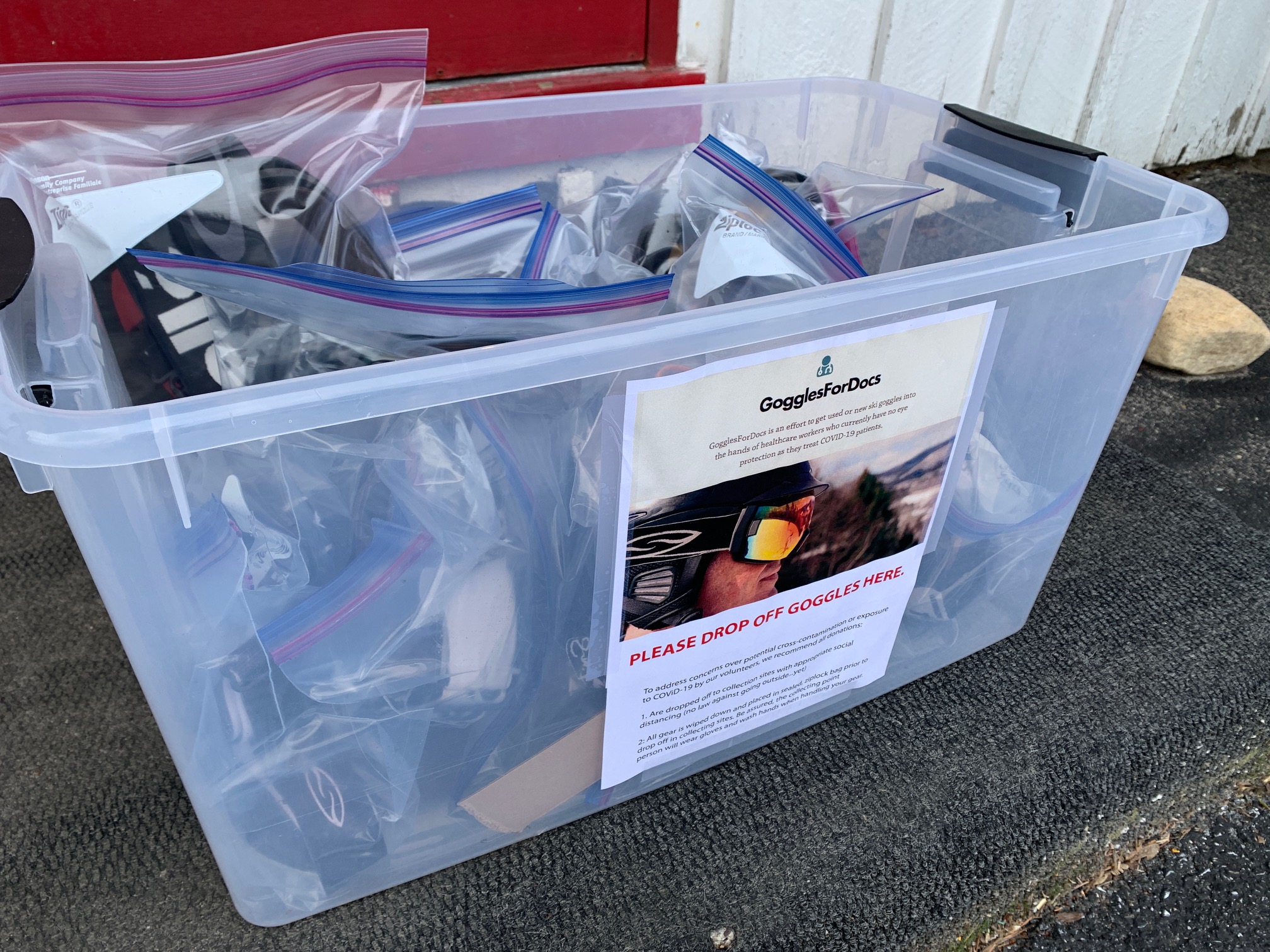The COVID-19 crisis has prompted new guidance at the federal level aimed at increasing blood donations during a time of urgent need.
The advisory from the Food and Drug Administration includes allowing people who have recently gotten tattoos or piercings to donate blood after a recommended three month wait. It used to be 12 months.
The same timeframe change was announced for men who have sex with men.
People with certain travel histories are also now okayed to give, the FDA said.
The move is aimed at encouraging more people to donate blood after the nation's supply took a sudden and severe hit when COVID-19 forced the cancelation of many blood drives.
The American Red Cross called the move an "important step toward a greater goal of an equitable blood donation process that treats all potential donors with equality and respect."
More on the Coronavirus
The statement continued to say the Red Cross's goal is to ensure a safe and sufficient blood supply is available for patients who need it.
"The Red Cross remains committed to building an inclusive environment that embraces diversity for all those who engage with our lifesaving mission and does not believe blood donation eligibility should be determined by methods that are based upon sexual orientation," the Red Cross statement said.
"The systems put in place are protecting all people," said Taylor Small, the health and wellness director at the Pride Center of Vermont, referring to testing that is performed to ensure blood is safe for use.
Small called the old FDA rules discriminatory against gay and bisexual men, along with others, and called the update overdue.
"I think there are folks in the community who are really excited because they are healthy folks who are willing and able to donate their blood, but up until this point, that hasn't been offered," Small observed.
The Red Cross had asked the FDA to reduce the deferral time from 12 months to three months while future policies were evaluated. Other countries, including Canada and England, use the three month wait period currently, the Red Cross noted.
Small said in time, she would like to see deferrals based on sexual orientation removed entirely.
At the American Red Cross donation center in Burlington, Vermont Friday, first-time blood donor Katie Anderson said awareness of the urgent need for blood during the crisis was the last push it took to get her to give.
"It's super easy," Anderson said of donating blood. "It doesn't take very much time at all."
Donor David White, who said he has given blood many times before, also came out to help because of the critical need created by COVID-19 cancellations.
"It's very minor on my part and it could have a good impact on a lot of people," White told NECN & NBC Boston.
The Red Cross, which tests blood for infections including hepatitis and HIV, said the FDA changes mean some complex system updates, so fully implementing them will take a while.



